5 ways to save money when buying photography equipment
With the cost of living continuously rising, here are our best tips on saving money when buying photography equipment.
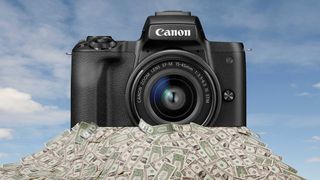
As we all know by now, photography is, unfortunately, not a particularly cheap hobby or career to get into. With the cost of living continuously rising, it’s vital now more than ever to find ways to save money when buying photography equipment.
In this guide, we're going to discuss the best ways to save money when buying photography gear, including the pros and cons of buying pre-owned gear, where to find the best second-hand equipment, and knowing when it’s best to save some money on items and when not to. Plus, we’ll be looking at the pros and cons of renting camera equipment and other helpful ways to help save money on items.
For the stargazers reading this be sure to check out our 5 money-saving tips when buying a telescope, find the best time to buy a telescope or the best time to buy binoculars and save.
Try buying second-hand equipment
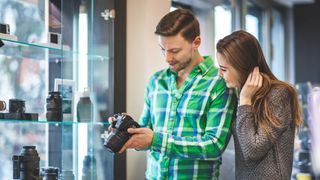
One of the most effective and popular ways of saving money on photography equipment is by buying pre-owned gear. The two most popular ways of buying second-hand gear are by either purchasing directly from a private seller (using auction websites like eBay) or buying from a dedicated used camera company. There are pros and cons to both, so you'll need to weigh up what's most important to you here.
Buying directly from a seller can save you a ton of money and you'll be able to find out exactly what kind of condition the item is in, how many times it's been used and if there are any niggles in performance (if the seller is being upfront about the condition). However, it's more difficult to return an item if you change your mind.
Used camera companies are the more reliable and trustworthy option, as they test each item thoroughly to ensure it's up to standard before selling and some places allow returns under warranty if it's faulty or it breaks down. However, these companies are usually the slightly more expensive option as they need to pay for the testing and need to make a profit. However, many also allow users to trade in old gear to help bring the cost down further. Some popular and trusted used and refurbished camera stores to check out are KEH, Adorama and BHphotovideo or Wex, London Camera Exchange and MPB in the UK.
Whichever option works for you, remember to be careful when buying second-hand equipment. If possible, test it out first or ask to see video footage of it in full working order. Remember — if a deal seems too good to be true, it probably is.
Know where to save and where to splurge
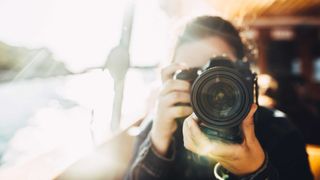
A trick to effectively saving money on photography equipment is in knowing which pieces of gear to save money on and which pieces you shouldn't. Camera bodies in particular lose value so quickly through shutter counts, wear and tear and new models continuously being released. So if you are looking to save money on camera gear, the body would be a pretty good place to start.
Though you can still save a bit of money by buying used, lenses on the other hand are a different story. If you skimp too much on a lens, your photos could end up looking like they've been taken on a potato. Lenses don't tend to lose their value quite as much so it’s better to spend a good portion of your budget on a good quality lens. Not to mention that investing in a good lens will actually save you money in the long run as you won't need to replace it for a long time.
Other photography equipment like tripods and filters will depend largely on the type of photography you do. For night sky and astrophotography, you definitely don't want to skimp on a tripod — but if you generally do more street photography then a really good, expensive tripod isn't going to be a priority.
Consider renting or borrowing equipment
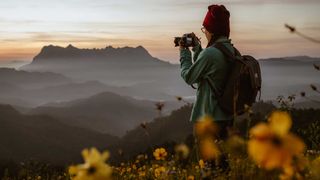
There are many reasons to rent or borrow equipment, and it's an option that many photographers forget about when looking for new gear. Renting photography equipment can be especially useful to try before you buy, particularly if there are a number of different pieces of kit you are comparing.
This way it’s possible to get a first-hand look at how they perform, the results they give, how heavy and sturdy they are and generally how they perform while shooting. If there’s some gear on the wishlist but aren’t sure whether it’ll get used regularly, rent it first to compare the results with what you already own. Then, if the difference it makes is big enough, you can invest in a used piece when ready.
Renting gear is also a good option if you aren't sure whether you'd use that particular piece of equipment enough, or if it's a more expensive item and you can't afford to buy it outright. Bespoke photoshoots can also be a good time to rent gear, as you know you'll only need to use it for a specific shoot. You could even rent out your own equipment to help raise the funds for your next purchase. Or, if you're lucky enough to have friends and family who are into photography, you could always ask to borrow equipment, too.
Save money by buying from third party brands
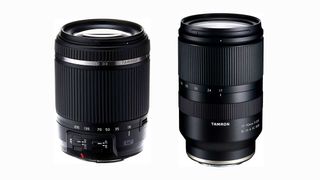
As much as we'd all love our kit to consist of entirely native lenses, unfortunately, that isn't always possible. Even if you'd rather buy new as opposed to used, you can save a lot of money by buying from third-party brands such as Sigma or Tamron, who both do an excellent range of lenses, sometimes for a fraction of the price.
Properly and thoroughly researching your different options can really pay off in the long run and save you from spending hundreds of dollars unnecessarily. Currently, the Sony 24-70mm f/2.8 GM lens is retailing new for $1998, whereas the Sigma 24-70mm f/2.8 DG DN Art is $1019 and the Tamron 17-70mm f/2.8 Di III-A VC RXD is around $800.
I know what you're thinking — surely it's better to spend more money on a lens and get the best possible option available? To a degree, yes, but third-party brands have produced some fantastic quality lenses which, when compared with native lenses, aren't hugely different in terms of the results they produce. So you need to ask yourself, do you really want to spend over $1000 more on a native lens when you could get a third-party lens that is just as good for half the cost? If this is something you are willing to consider, why not take a look at our round-up of the best lenses for astrophotography or the best zoom lenses.
Look for sales, discounts, and events
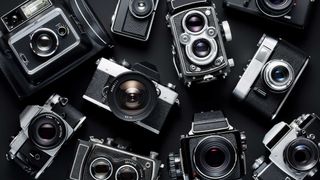
If you aren't in a rush to make your next photography purchase, then waiting for the seasonal sales can be really beneficial in order to save a bit of money. Amazon Prime Day, Black Friday & Cyber Monday, Bank Holiday sales and the post-Christmas January sales are all events that can help you save big.
Many used camera companies also offer discounts or cashback offers during these times, so it's not just on new camera gear that you can save money. Luckily, we’ve scoured the internet to find some of the best camera deals and drone deals. Or, if you’re after stargazing equipment we’ve also got the best telescope deals and binoculars deals to tide you over as well.
Another great place to save money is at photography conventions and events. Many camera brands will have stalls at these events and offer great discounts on any purchases made there. Plus, you'll get a hands-on look at all the equipment and be able to ask questions and talk to the knowledgeable reps there. For those in the US ClickCon would be a great place to check out and if you're in the UK The Photography Show is in Birmingham every year.
Join our Space Forums to keep talking space on the latest missions, night sky and more! And if you have a news tip, correction or comment, let us know at: community@space.com.
Get the Space.com Newsletter
Breaking space news, the latest updates on rocket launches, skywatching events and more!
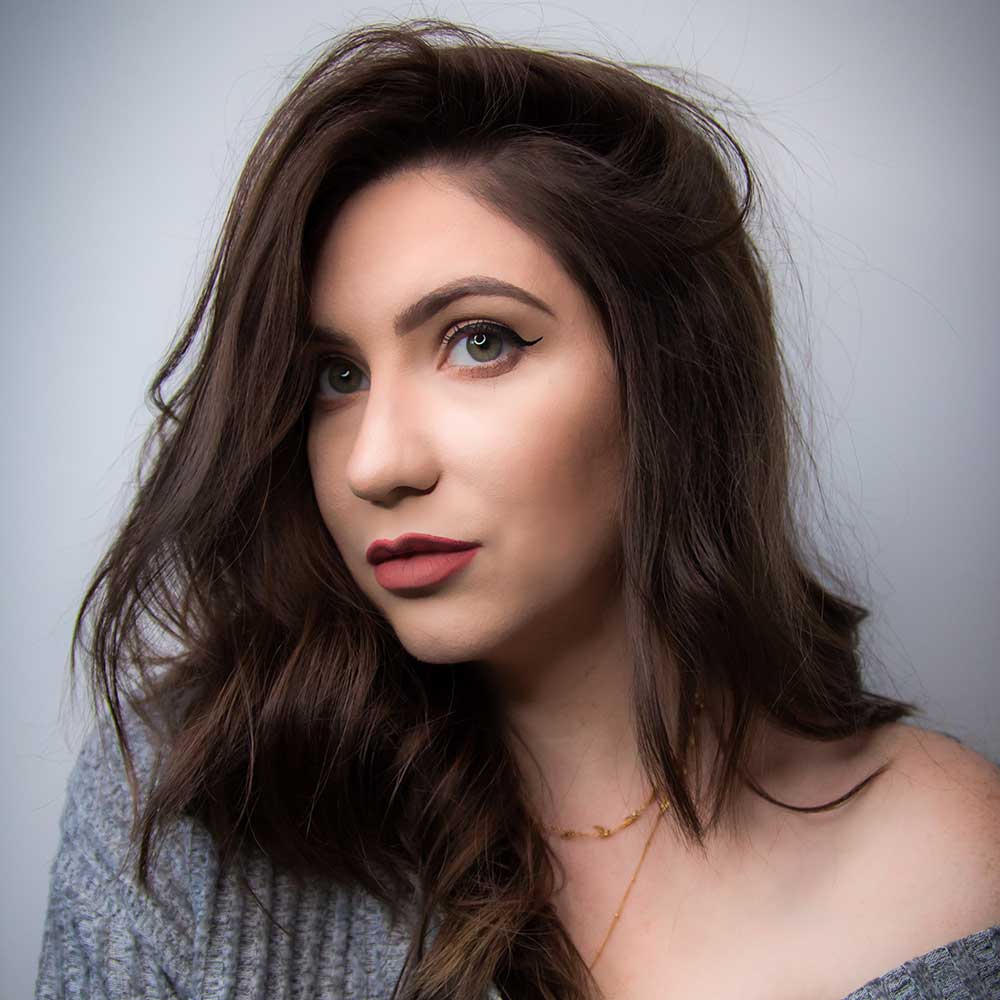
Kimberley Lane is a landscape & seascape photographer living in South Wales. Originally using photography as a way to cope with health issues, she aims to portray a feeling of calm and peace through her images. Her work has been featured in a number of national photography magazines.
